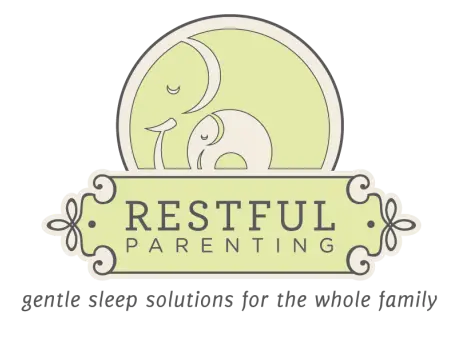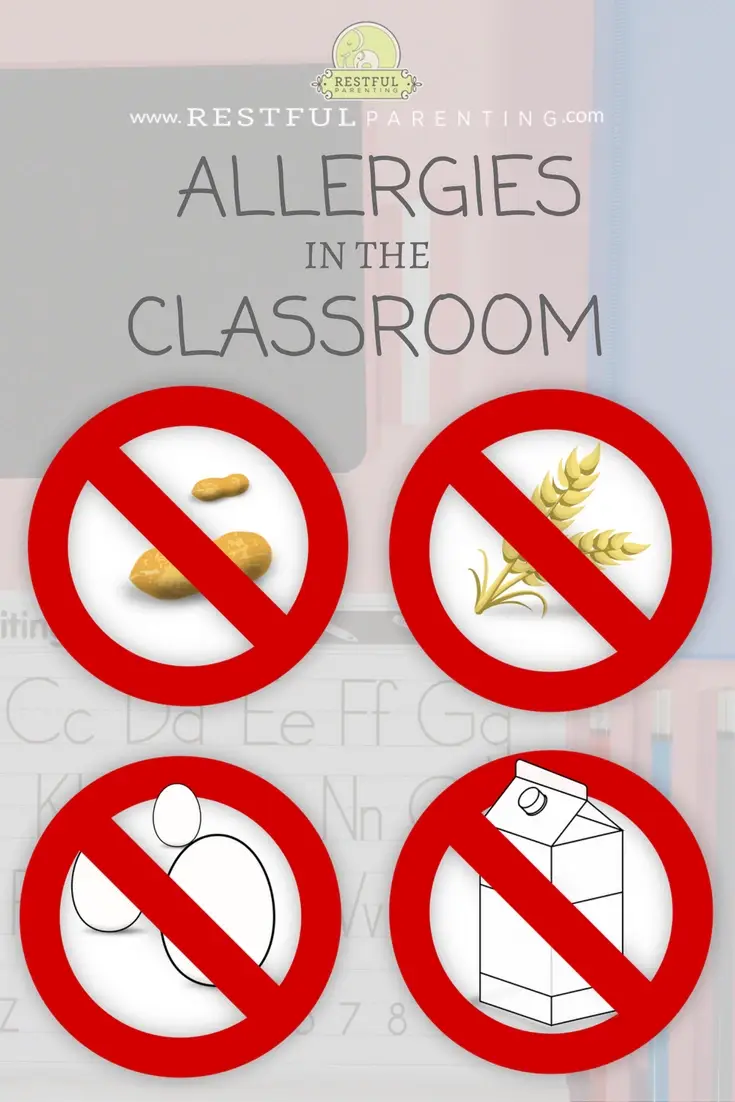If you are lucky enough to bypass childhood allergies with your own child it can be quite hard to understand if you are not living it. Although chances are, someone you know either in your child’s class or a friend/family member is affected by food allergies. Even if your child may not have allergies, it is more than likely that you have to be aware of what you are sending to school for snacks and lunches.
Times have changed and we are seeing an extreme influx of children with allergies. Although you may not have any experience from your own days in school with food allergies, your child does. Teaching your child how to accept the differences can go a long way in not only helping them understand that everyone is different but that being understanding and empathetic can help others feel more accepted.
If you’ve never had the experience of food allergies though, how can you to teach your child how to be inclusive? As mother’s that have children with food allergies, we’ve put together a short list of helpful tips to help you better understand allergies in the classroom.



